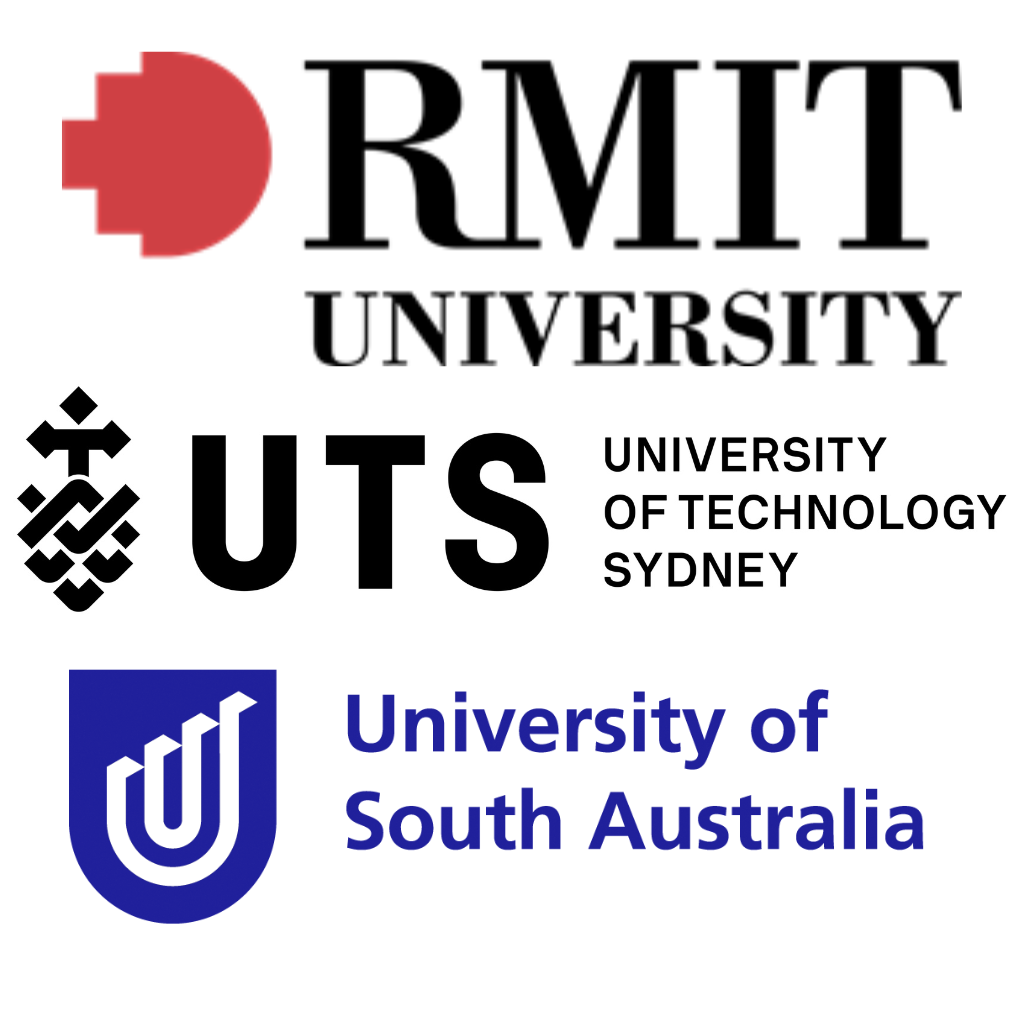Home > Study In Australia

Choose an ideal study city based on your preferences, interests, and academic needs.

Australia is home to some of the most prestigious and high-ranked universities in the world. Although by count the number of Australian universities is only 44 it is fair to say that almost all of the universities fall within the top 3% in the world for quality, ranking & standards. Universities can also be categorized according to their membership in group associations.
An alliance of 8 universities, the Group of eight (Go8) comprises Australia leading research-intensive universities. Formed in 1999 the Go8 is prioritizes leadership in influencing the development and delivering long-term sustainable national higher education and research policy and in developing elite international alliances and research partnerships.

An alliance of 4 universities, the Australian Technology Network are recognized as global leaders of a new generation of universities focused on industrial collaboration, real world research with real world impact and produce work ready graduates to become local thinkers in business and the community.

Australia, the world’s 6th largest country, ranks 55th in population with around 25 million people, comprising less than 0.35% of the global population. Since its federation in 1901, Australia has transformed into a sought-after destination for education, employment, and migration, boasting livable cities, top-ranked universities, and a diverse multicultural environment. The nation’s appeal extends to international students, offering a superior education, high-quality lifestyle, part-time work opportunities, post-study work options, and provisions for dependent partners. Australia’s influence on research has positively impacted the world, solidifying its position as a premier destination.
Studying in Australia from Nepal is the right decision to make for abroad education. The Australian education system provides primary, secondary, and tertiary education. If you are considering studying in Australia you should know, the quality of education is world-class and is in very high demand. The qualification of the Australian education and training system is maintained by a policy called the Australian Qualification Framework AQF. There are 10 levels in the AQF and can be easily understood following the diagrams displayed below
• IELTS requirement: Overall 6.0, Each band 5.5
• Academic requirement: Successful completion of grade 12 with first division.
• Age requirement: No age limitation (special conditions apply if you are under 18 years old).
• IELTS requirement: Overall 6.5, Each band 6.
• Academic requirement: Successful completion of 4 years Bachelor’s degree with 55% or, first division.
(Some universities may also accept 3 years bachelor’s degree)

• IELTS certificate
• Transcript, Provisional, Character certificate (From year 10 to your recent Education Qualification)
• Work Experience (if required by University)
• Statement of Purpose (SOP)
Proof of funds
• In case of deposit – Bank Statement (Source should be transparent and tax cleared)
• In case of Bank Loan – Loan letter from the bank
Yearly income capacity of the sponsors
• Income verification
• Income source document
• Tax clearance from Government Body
• Relationship verification of family and sponsors
• Medical Report
• Overseas Student Health Cover for the total duration of the visa
• Choose the course and university of your interest
• Make an application to the university
• Receive offer letter
• Apply and receive a No Objection Letter (NOC) from the Ministry of Education
• Arrange Financial Documents
• Make payment to the university (Either 6 month or 1-year tuition fee)
• Receive Confirmation of Enrollment
• Apply for VISA
Studying in Australia from Nepal benefits you with the alliance of 7 universities. These Innovative research universities are focused on the translations and commercialization of research on issues of critical importance to the communities in which they are based and addressing problems on national and global scales.

